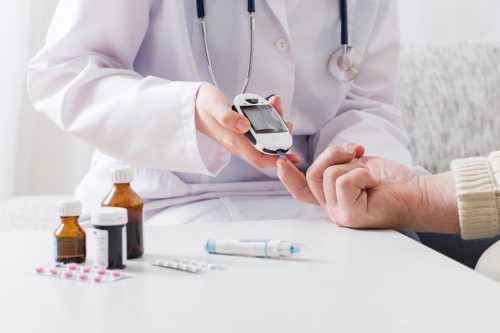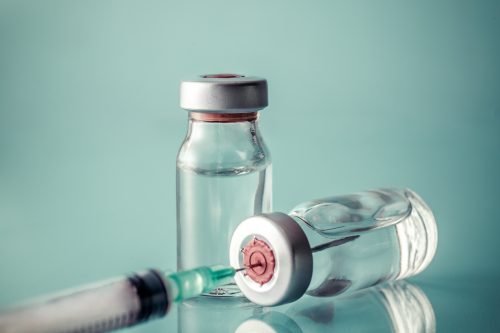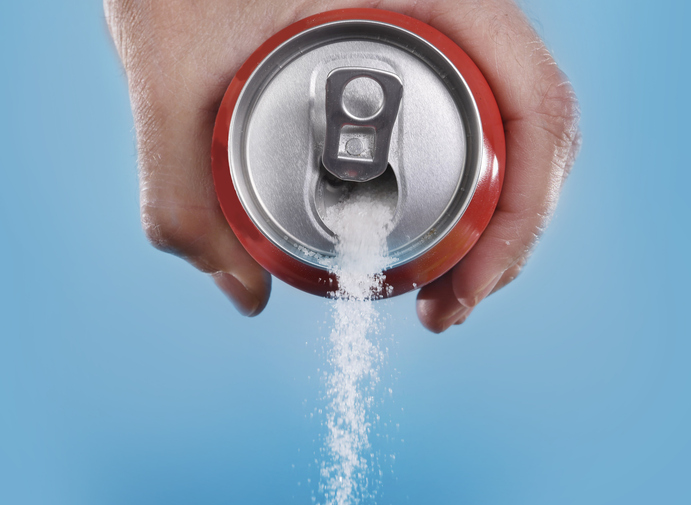
A recent randomized trial found that nasal glucagon (NG) can safely and effectively treat insulin-induced hypoglycemia in adults with diabetes.
For the study, researchers compared the efficacy of NG to that of intramuscular glucagon (IMG) in 66 patients. After intravenously receiving insulin, patients were administered either 3-mg NG or 1-mg IMG, and then plasma glucose (PG) was measured. The study authors defined successful treatment as “an increase in PG to ≥3.9 mmol/L or an increase of ≥1.1 mmol/L from the PG nadir within 30 min of receiving glucagon.” Adverse events were self-reported or determined by the Nasal and Non-Nasal Symptom Questionnaire (NNSQ).
All patients in both cohorts achieved treatment success, and NG was determined to be non-inferior to IMG.
“All participants achieved treatment success by 25 min with the mean time to treatment success of 11.4 min (NG) and 9.8 min (IMG),” the researchers wrote.
There were no deaths or serious adverse events (AEs). The majority of AEs were mild, with 48 after NG and 51 after IMG. The most common AEs were nausea (31% NG; 42% IMG), vomiting (14% NG; 17% IMG), and headache (16% NG; 10% IMG). Common symptoms as reported by the NNSQ were watery eyes, nasal itching, nasal congestion, runny nose, sneezing, redness of eyes, itchy eyes, and itching of throat.
Severe hypoglycemia is a serious and possibly fatal diabetes complication, said study author Leona Plum-Mörschel, MD, PhD, who shared the study’s findings at the annual meeting of the European Association for the Study of Diabetes.
“Outside of a hospital or emergency room setting, injectable glucagon is currently the only option to treat severe hypoglycemia,” Plum-Mörschel said, adding, “Thankfully, the available injectable glucagon emergency kits are highly effective for the treatment of hypoglycemic events.”
The study authors wrote, “Nasal glucagon was as efficacious and safe as intramuscular glucagon for the treatment of insulin-induced hypoglycaemia in adults, thus supporting the use of nasal glucagon as a rescue treatment for severe hypoglycaemia.”
Cardiovascular Safety of Lorcaserin in Overweight or Obese Patients
Study Forecasts Increase in Insulin Use for Type 2 Diabetes by 2030
Surge in Prices Causing Diabetics to Underuse Insulin
Sources: Clinical Endocrinology News, EASD 54th Annual Meeting abstracts







 © 2025 Mashup Media, LLC, a Formedics Property. All Rights Reserved.
© 2025 Mashup Media, LLC, a Formedics Property. All Rights Reserved.